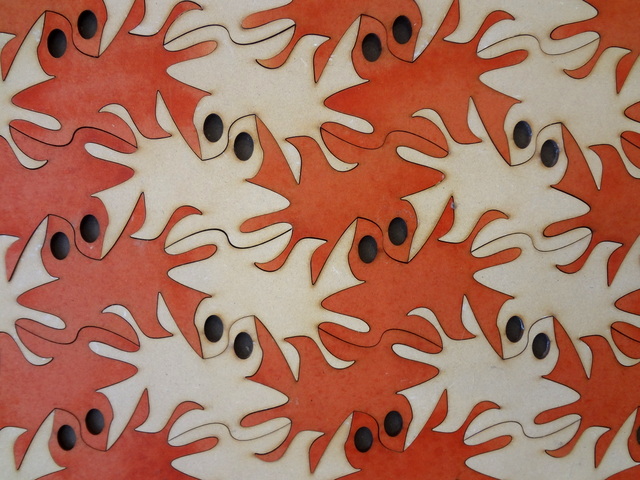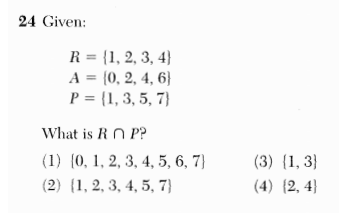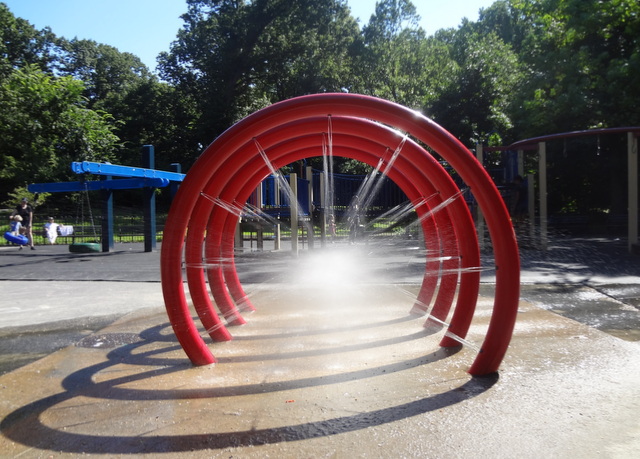In October, I will be running a workshop through Math for America titled “Professional Development Through Social Media”. The goal of this two-hour workshop is to provide an overview of the opportunities for professional growth, collaboration, and reflection that teachers can find on various social networks.
As part of the workshop, participants will be invited to peruse interactions–posts, comments, exchanges, conversations–that highlight the nature and strengths of the various digital professional communities. I have a number of good starting points in mind, but I’d love to have more.
I invite you to leave a suggestion in the comments. Provide a link to something great and give a brief description of what this highlights about the online professional world. The workshop will include both math and science teachers, so links to non-math resources are definitely welcome. And please feel free to suggest your own work!
Thanks in advance for your help. Assuming this is successful, this post itself will become an example of the value of being connected!




